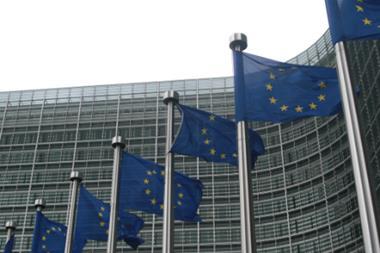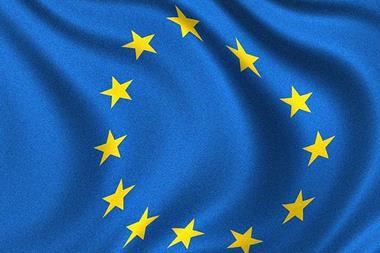Answers will inform decision as to whether legislation is necessary

The EU is considering a legislative initiative to improve the gender balance in the boards of companies listed on stock exchanges and is launching is launching a public consultation of stakeholders on possible measures in this context.
This answers will feed into an assessment of potential EU-level measures to enhance female participation in economic decision making, which will inform whether the European Commission needs to take further action.
The consultation is open to member states, business or industry organisations, individual companies, civil society organisations with an interest in gender and/or social issues, trade unions, equality bodies, and other organisations or individuals and the deadline is 28 May.
Stakeholders are invited to answer the following questions:
- How effective is self-regulation by businesses to address the issue of gender imbalance in corporate boards in the EU?
- What additional action (self-regulatory/regulatory) should be taken to address the issue of gender imbalance in corporate boards in the EU?
- In your view, would an increased presence of women on company boards bring economic benefits, and which ones?
- Which objectives (eg 20%, 30%, 40%, 60%) should be defined for the share of the underrepresented sex on company boards and for which timeframe? Should these objectives be binding or a recommendation? Why?
- Which companies (eg publicly listed/from a certain size) should be covered by such an initiative?
- Which boards/board members (executive/non-executive) should be covered by such an initiative?
- Should there be any sanctions applied to companies that do not meet the objectives? Should there be any exception for not reaching the objectives?
Contributors should identify themselves and indicate whether they are replying as an individual or on behalf of an organisation. Organisations should provide the following information: full name and contact details of the organisation; the EU Interest Representative Register ID (if available); the level at which the organisation operates (national/EU/international) and the member state or other country (in case of a national organisation); the type of organisation.
Contributions should be submitted by email or by postal mail to the following address: European Commission, DG Justice / D1, LX 46 - 1/101, ‘Consultation gender balance’, B-1049 BrusselT, BELGIUM.
Contributors that would like their submissions to remain confidential should state so in their submission.
A summary of the main outcomes of the public consultation will be included among the documents accompanying a possible legislative initiative.




















No comments yet